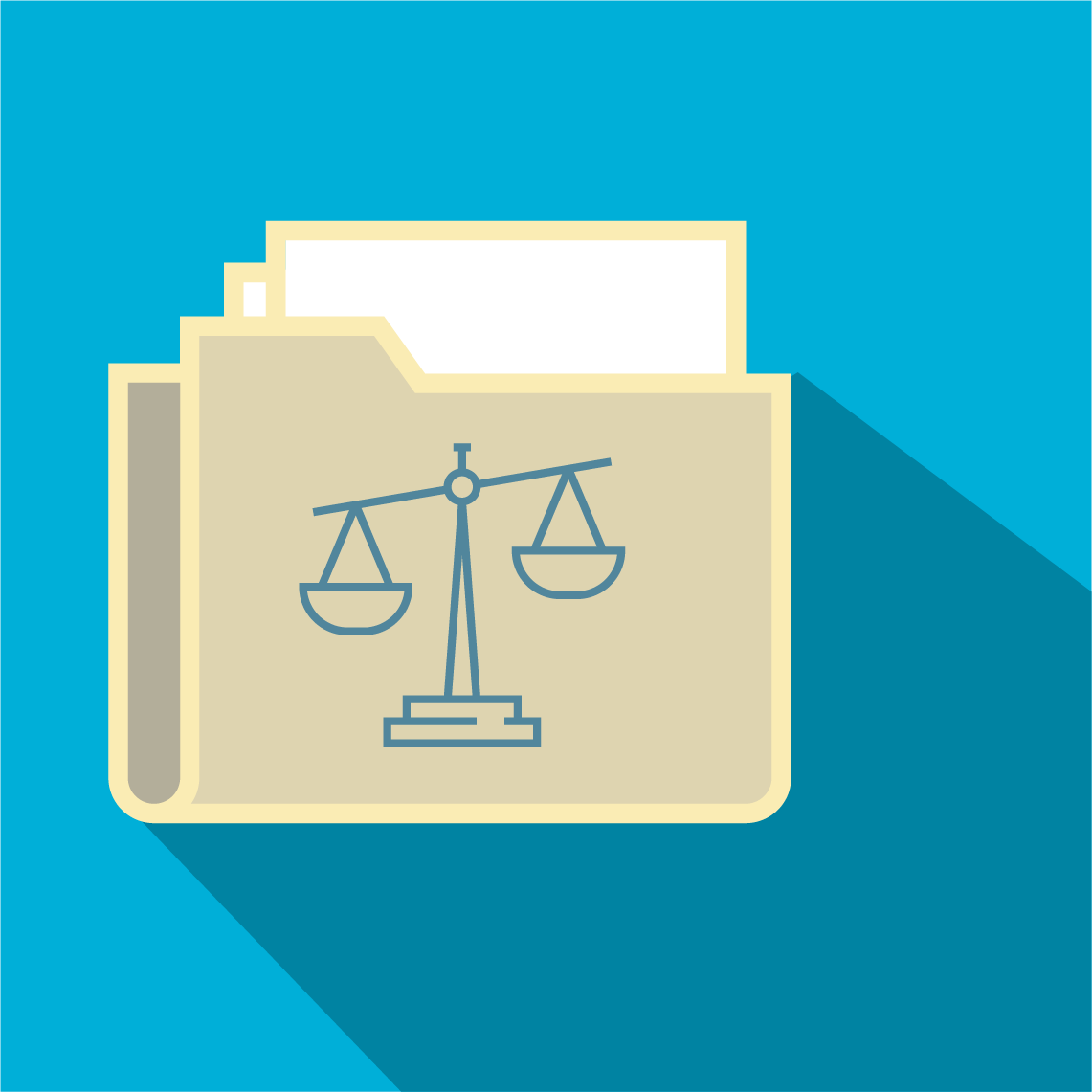Article
Cures Act Overview

As of April 5, 2021, the information blocking (aka open notes) rule of the federal 21st Century Cures Act dictates that eight categories of clinical notes created in an electronic health record (EHR) must be immediately available to patients through a secure online portal. Individual or organizational health care providers may not block, or delay patients’ access to, any eligible information (including test and studies results) entered and stored in their EHR.
Patients’ right to access their records were codified, under HIPAA, in 1996; the 2016 passing of the Cures Act legislation aimed to make access easier and virtually unrestricted. To increase interoperability across EHR platforms, the Cures Act requires vendors and users to enable the development of computer and smart phone applications that give patients full and portable access to their health care information. To that end, the final rules of the Act specifically require that patients have access to their personal EHR notes without delay. As of April 5, 2021, the following eight categories of clinical notes created in an EHR must be immediately available to patients:
Eight Mandatory Categories of Clinical Notes to Be Made Available:
- Consultation notes
- Discharge summary notes
- History and physicals
- Imaging narratives
- Lab report narratives
- Pathology report narratives
- Procedure notes
- Progress notes
Exempt:
- Notes compiled in reasonable anticipation of, or use in a civil, criminal or administrative action or proceeding
- Psychotherapy session notes. However, other components of psychiatric care (e.g., diagnoses, medications, appointment times, etc.) may not be blocked.
CRICO recognizes that its insured providers may have questions and concerns regarding any professional medical liability ramifications. This includes patients’ reaction to what they read (positive and negative), challenges and opportunities for clinicians writing notes, and the impact of notes access on the defense of claims alleging medical negligence. CRICO’s insights and recommendations are based on a long-term understanding on how medical record documentation impacts patient safety and MPL claims defense, and are further informed by our work in support of the OpenNotes movement since 2010. Visit the Cures Act FAQs for a summary of these topics.
Information is being updated frequently. Please visit these pages for more details.
Resources and References
- Information Blocking Resource Center (professional society consortium)
- How do I comply with info blocking (AMA)
- OpenNotes and shared decision making: a growing practice in clinical transparency and how it can support patient-centered care (JAMIA)
- Patients managing medications and reading their visit notes: a survey of OpenNotes participants (ACP Journal)
- Frequency and types of patient-reported errors in electronic health record ambulatory care notes (JAMA)
- Work conducted by OpenNotes faculty, scholars, and collaborators from a wide variety of settings in the U.S. and beyond (OpenNotes)
- Your patient is now reading your note: opportunities, problems, and prospects (AMJMED)
- How to write an open note (OpenNotes)
- Do words matter? Stigmatizing language and the transmission of bias in the medical record (JGIM)
- Word to the wise: misuse of language in clinical communication causes harm (CRICO)

Related Articles
Cures Act: Perspectives from Claims and Patient Safety


